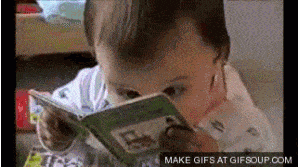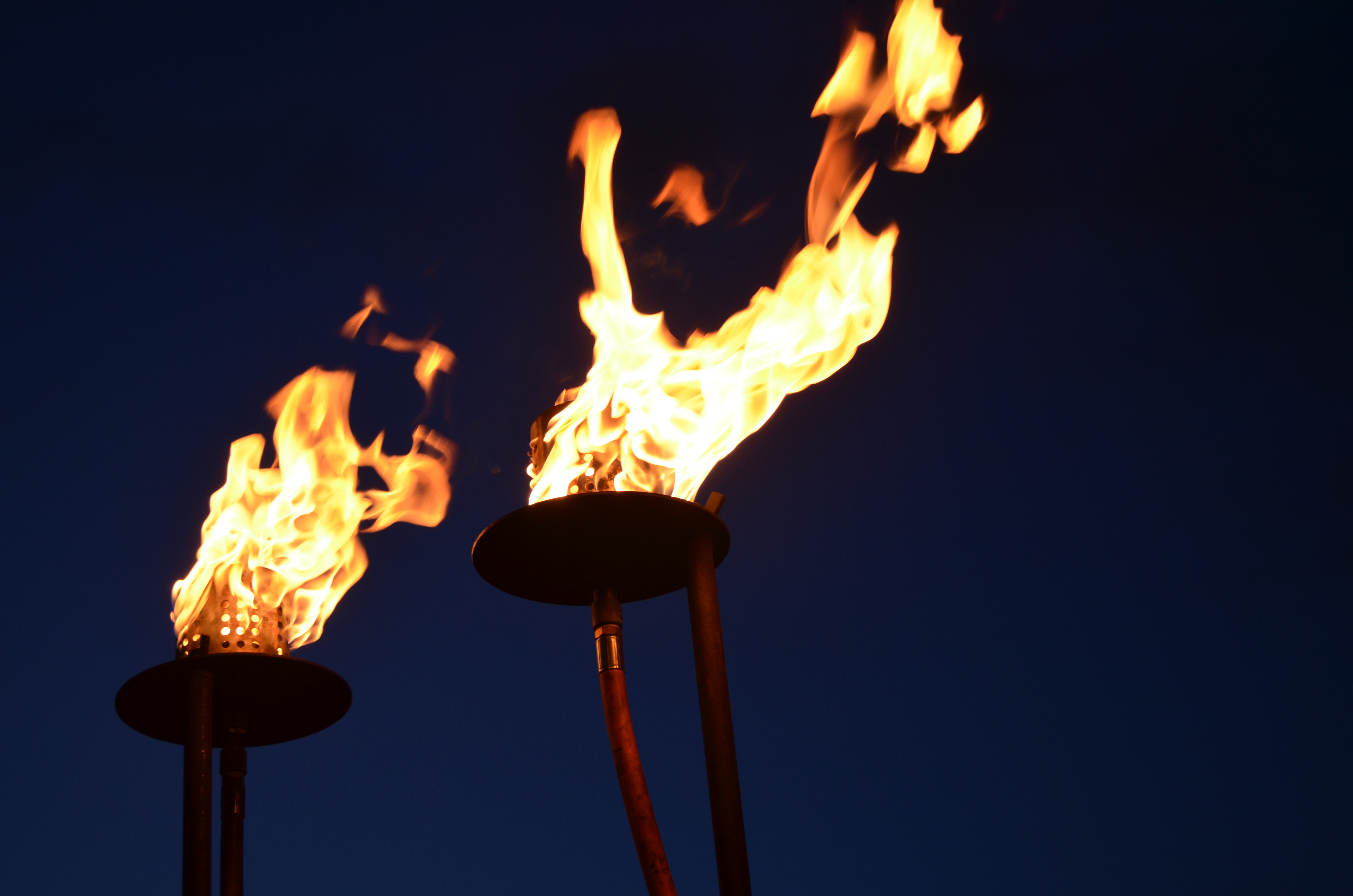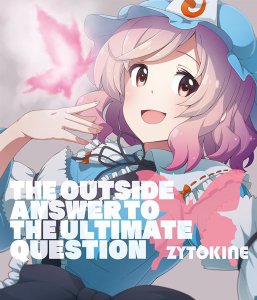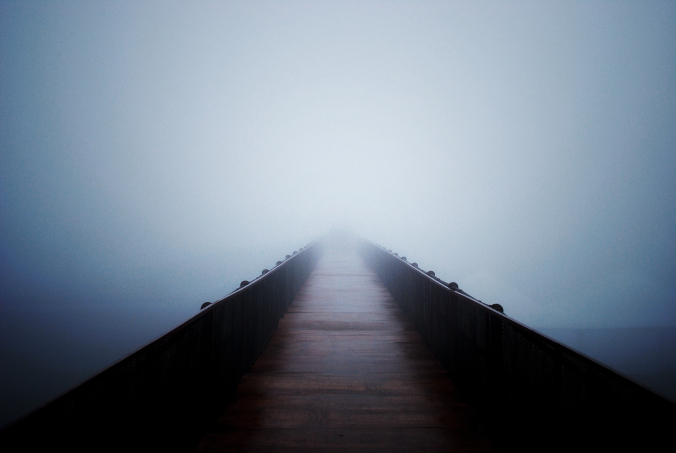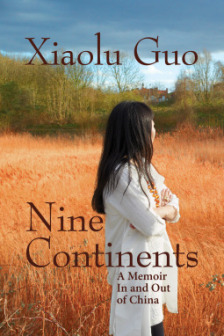 My rating: 4 out of 5 stars
My rating: 4 out of 5 stars
Date read: 28 August 2017
Published by Grove Atlantic, October 2017
Verdict: Wonderfully readable and immersive memoir. Highly recommended!
Find it on Goodreads.
Xiaolu Guo is one of the most acclaimed Chinese-born writers of her generation, an iconoclastic and completely contemporary voice. Her vivid, poignant memoir, Nine Continents is the story of a curious mind coming of age in an inhospitable country, and her determination to seek a life beyond the limits of its borders.
Xiaolu Guo has traveled further than most to become who she needed to be. Now, as she experiences the birth of her daughter in a London maternity ward surrounded by women from all over the world, she looks back on that journey. It begins in the fishing village shack on the East China Sea where her illiterate grandparents raised her, and brings her to a rapidly changing Beijing, full of contradictions: a thriving underground art scene amid mass censorship, curious Westerners who held out affection only to disappear back home. Eventually Xiaolu determined to see the world beyond China for herself, and now, after fifteen years in Europe, her words resonate with the insight of someone both an outsider and at home, in a world far beyond the country of her birth.
Nine Continents presents a fascinating portrait of China in the eighties and nineties, how the Cultural Revolution shaped families, and how the country’s economic ambitions gave rise to great change. It is also a moving testament to the birth of a creative spirit, and of a new generation being raised to become citizens of the world. It confirms Xiaolu Guo as one of world literature’s most urgent voices.
Absolutely wonderful memoir by a woman beyond impressive. She talks about alienation and perseverance, about loss and art, about growing up and finding herself, and everything in-between.
Xiaolu Guo’s life sounds like something out of a movie: born to an intellectual who had spent time in a labour camp and a mother who was part of the Red Guard (yes, her parents met in prison), given away at birth, and then given back to her grandparents (both analphabets; her grandmother of a generation where having your feet bound was normal; their relationship scarily abusive), ripped away again to go and live with her parents, she manages to attend an elite university for film-making and then to win a scholarship to study in the UK – a country that became her home. Her book is a piece of art itself.
I adored the way she plays with language; her not writing in her mother-tongue (as she has been doing for a while now) just adds to the immediacy and the sense of alienation. The further back in time she goes, the more fragmented her language becomes. When she comes closer to finding her place in the world and the person she can be, the sentences get longer, more assured. I adored this.
At the centre of her memoir are her relationships: with her artist father who influences her in a myriad of ways but cannot (or will not) protect her from her mother’s harshness and her brother’s scorn. But also her complicated relationship with China and how it influences her art and what she can and cannot write about. She writes about censorship – both external and internal and how this made it impossible for her to be the writer she knows in her heart she can be. She also writes about not fitting in anywhere and how she puts this into pieces of art. This is what makes this book both personal and universal – underneath all the cultural differences there is this common human theme of wanting to be true to yourself and of experiences of alienation but also homecoming in a foreign country. I appreciated this.
First sentence: “So many times I’ve seen England from the sky.”
____
I received an arc of this book curtesy of Netgalley and Grove Altantic in exchange for an honest review. Thanks for that!
